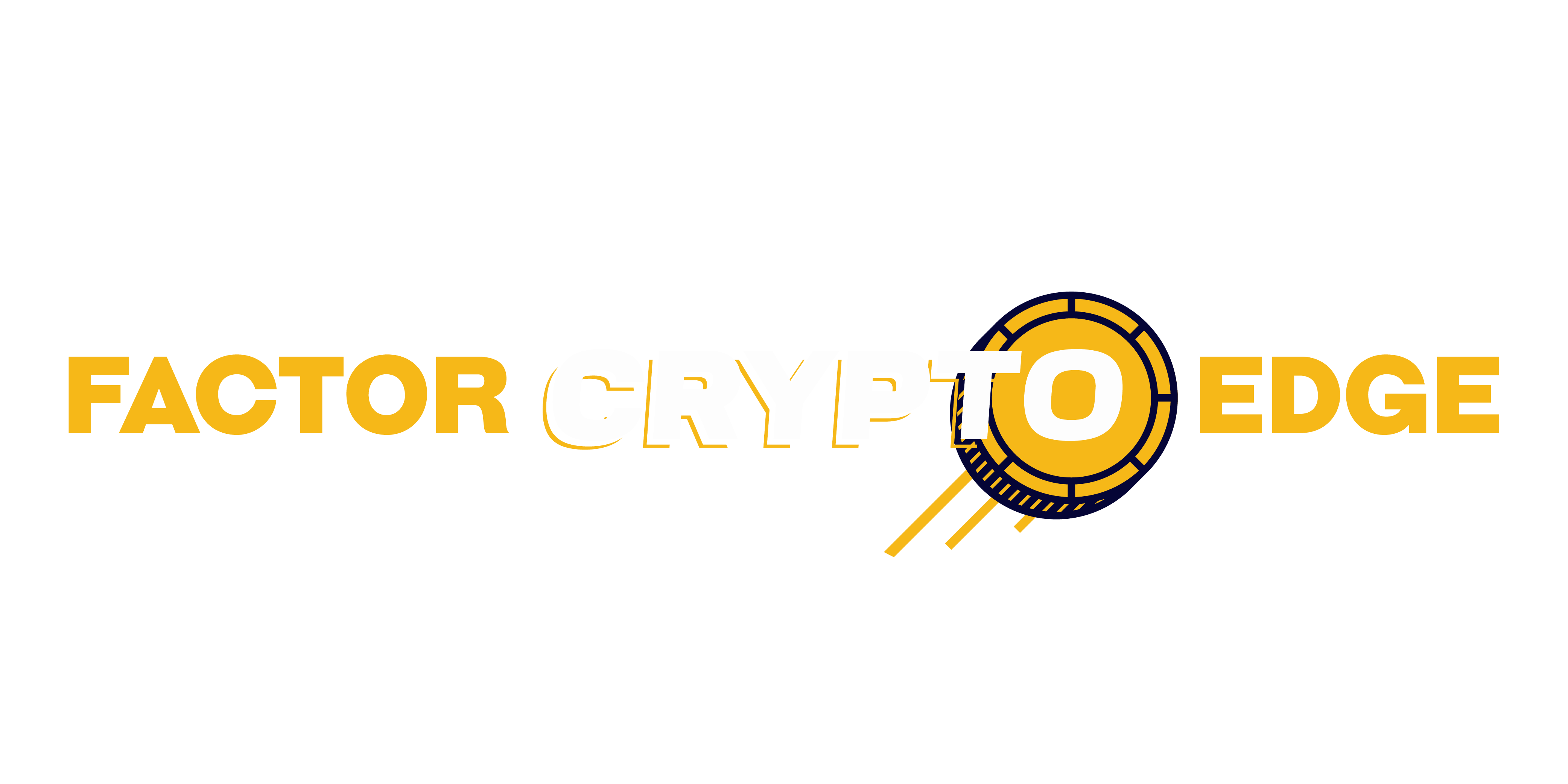Why Blockchain Matters Now
Blockchain isn’t just about crypto anymore. Yes, it powered the Bitcoin craze, but its tech backbone—decentralized, transparent, and secure—is now being woven into industries that have nothing to do with trading coins.
Finance is the obvious one: banks are cutting settlement times, cross-border payments are getting faster and cheaper, and smart contracts are replacing paperwork with code. But it goes beyond money. Supply chains are using blockchain to track goods from origin to shelf, reducing fraud and waste. Identity systems are being rebuilt to give users actual control over their data. Even the energy sector is using blockchain to manage decentralized grids and peer-to-peer power trading.
The result? A job market that’s heating up fast. As companies embed blockchain into real-world operations, they need people who don’t just understand the buzzwords but can actually build solutions. Developers, architects, analysts—it’s not all about being a coder. The demand is sharp, and it isn’t slowing down.
Bottom line: Blockchain isn’t a fad. It’s infrastructure. And the world needs people who get how it works.
Blockchain Basics by University at Buffalo (Coursera) If you’re starting from zero, this course lays solid ground. Hosted on Coursera and created by the University at Buffalo, it’s part of a larger blockchain specialization but also works well as a standalone. It breaks down technical lingo into digestible concepts—what blockchain is, how it works, and where it’s being used in the real world. It’s free to audit, which makes it one of the most accessible ways to get clear on the fundamentals without paying upfront. You won’t become a developer here, but you’ll walk away understanding blocks, chains, consensus, and more.
Intro to Blockchain by IBM (edX) This one aims at professionals and enterprise thinkers. Offered on edX by IBM, it introduces blockchain with a business-first mindset. You’ll explore how companies are applying blockchain to everything from logistics to digital identity. The course leans into high-level strategy more than code, so it’s ideal if you’re part of a team looking to adopt the tech—or just want to talk blockchain with your CTO without sounding lost. Expect less hands-on work, more case studies.
Blockchain Specialization by ConsenSys Academy
If you’re serious about Ethereum development, this is where you go deep. Built by the folks behind MetaMask and other foundational tools in the Ethereum space, the ConsenSys Academy specialization is for aspiring developers ready to write smart contracts—not just learn what they are. It takes you from Solidity basics to real-world DApp (decentralized application) deployment. No fluff, just focused, technical learning. You’ll want to have some familiarity with JavaScript before you dive in, but it’s a razor-sharp path into Web3 building.
Certified Blockchain Expert (Blockchain Council)
This cert is broader—and that’s the point. Designed to be accessible for both techies and business-minded learners, the Certified Blockchain Expert program offers a top-down view of blockchain systems, architecture, and use cases. You’ll get exposed to Bitcoin and Ethereum, but also multi-chain environments and real-world applications across industries. Good for professionals looking to strengthen their resume, or crypto-curious folks wanting a structured credential without learning to code.
Hands-On Learning Platforms
When it comes to actually writing smart contracts and understanding how blockchain logic functions in real time, theory only gets you so far. That’s where hands-on platforms come in—they’re the place to write code, make mistakes, break things, fix them, and learn fast.
Start with Remix IDE. It’s a browser-based Solidity editor that lets you write, test, and debug Ethereum smart contracts without any installs. Everything runs in the cloud. New devs love it because you can jump straight into code without worrying about setup or configuration. No fluff—just a clean path to get your hands dirty with Solidity.
If you prefer something a little more playful (but still educational), CryptoZombies is hard to beat. It’s a gamified coding course that teaches you how to build Ethereum-based dApps by creating your own zombie game from scratch. Yes, it’s fun—but under the hood, it’s serious Solidity practice disguised as entertainment.
Want something more structured? Look into ChainShot or Alchemy University. These are immersive bootcamps with real curriculum, active mentorship, and peer accountability. You’ll work through projects, attend live sessions, and be forced out of passive learning mode. Great for devs who want to level up fast and prefer community-based growth.
Bottom line: reading about blockchain is useful. But building in it—that’s where you actually learn.
Books Worth Reading
If you’re serious about understanding blockchain tech—not just at a surface level—books are still one of the best ways to go deep. They offer structure, detail, and context you won’t always get from a video or quick article. Here are three standouts:
Mastering Blockchain by Imran Bashir This one’s not light reading. It’s a full-spectrum dive into everything from cryptography and distributed ledgers to consensus algorithms and blockchain use cases. If you want to wrap your head around what’s actually happening under the hood, this book does the job. Ideal for developers and engineers, but ambitious learners from other backgrounds can definitely take a swing.
Mastering Bitcoin by Andreas M. Antonopoulos Don’t let the title trip you up—this isn’t just about Bitcoin. It’s a masterclass in crypto literacy. Antonopoulos walks you through the philosophy, mechanics, and code-level details of how decentralized systems operate. It’s approachable and precise, and still one of the best intros for anyone stepping into crypto, technical or not.
The Basics of Bitcoins and Blockchains by Antony Lewis Looking for a smoother entry point? This book breaks things down without dumbing things down. Great for investors, professionals, or anyone trying to follow headlines without nodding along cluelessly. Topics like wallets, tokens, smart contracts, and security are all laid out in real talk—with just enough depth to be valuable without being overwhelming.
Websites and Communities That Keep You Sharp
Staying up-to-date in the fast-paced world of blockchain technology means more than just finishing a course or reading a book. It requires actively engaging with the community and making use of constantly evolving educational resources. These websites and communities offer practical insights, peer support, and access to ongoing developments.
Key Online Resources
- Ethereum.org Learn Page
This is the official learning hub for all things Ethereum. It offers beginner to advanced explanations, tutorials, and ecosystem updates. The content is frequently updated to reflect changes in protocols and best practices.
- Great starting point for Ethereum and Web3 concepts
- Maintained by the Ethereum Foundation, ensuring credibility
- GitHub Repositories
Blockchain is a builder-focused industry, and open-source repositories on GitHub are the front lines of innovation.
- Access real-world code from active projects
- Explore smart contracts, dApps, SDKs, and full-stack solutions
- Contribute to projects or learn by reviewing others’ code
Community-Driven Learning Spaces
- Reddit: r/ethdev and r/BlockchainDev
Reddit’s developer-focused forums are hubs for both guidance and deep discussion.
- Ask questions, share your work, or get feedback on code
- Stay informed on updates, trends, and community-led tools
- Ideal for problem-solving and connecting with other developers
These spaces foster a culture of collaboration and iteration—two key ingredients to success in blockchain. Bookmark them and check in regularly to stay sharp and in the loop.
YouTube Channels With Clear, Practical Tutorials
Picking up blockchain skills doesn’t mean burying yourself in documentation. Sometimes, hitting play is the smartest move. The right YouTube channels serve up complex topics, stripped down and visual. Less theory, more doing.
Finematics is the go-to for visual learners. Clean animations + tight scripts = concepts like DeFi protocols, liquidity pools, or governance structures actually make sense. No fluff. No rambling. Just crisp visuals and to-the-point breakdowns, whether you’re a rookie or brushing up.
EatTheBlocks takes it deeper for aspiring developers. The channel is packed with Solidity walkthroughs, often tied to real projects. You’ll see the actual code, step-by-step explanations, and common pitfalls to avoid. It’s not beginner-bait—it’s dev training with real muscle.
Dapp University bridges backend and frontend like few others. If you’re trying to connect smart contracts to a web app using Web3.js or Ethers.js, this place saves hours of guessing. Practical builds. Deployment tips. Integration flow. If you’re building, this channel walks with you.
These aren’t channels for passive watching. They’re labs, tutorials, and mentors rolled into one. Hit subscribe, then hit the keyboard.
Related Resource for Staying Safe in Crypto
It’s easy to get caught up in the excitement of building on blockchain or trading tokens. But ignoring the risks is where most people slip. Learning the tech is one side of the coin—understanding how to protect your assets, reputation, and time is the other.
From rug pulls to phishing scams, the crypto space isn’t forgiving. That’s why any serious learner should spend as much time reading up on risk management as they do on smart contracts or block explorers. If your goal is to stay long-term in the space—building, investing, or just learning—security has to be part of the foundation.
This guide breaks down the essentials without the fluff: Managing Risk in Cryptocurrency Investments. It’s a solid compass for navigating the stormier side of Web3. Learn it early, and you avoid headaches later.
Final Take
There’s no perfect entry point into blockchain—and that’s actually a good thing. Whether you start with a YouTube tutorial, a free course, or by messing around in Remix IDE, what matters more than where you begin is that you stick with it. Consistency beats knowledge hoarding. Watch, try, fail, repeat.
Don’t wait until you have the perfect understanding to build something. You learn by doing. Deploy a basic smart contract, tinker with a DAO setup, or explore NFT minting. Even a half-finished side project teaches more than hours of passive learning.
Blockchain tech isn’t gatekept—it actively rewards those who experiment and explore. If you’re curious, persistent, and comfortable building in public, there’s a place for you here. Start small. Keep going. That’s how builders are made.


 Kevin Taylorainers played a key role in building Factor Crypto Edge, contributing his expertise in market research and content development. His efforts in gathering reliable data and analyzing industry movements have helped shape the platform into a trusted source for cryptocurrency insights, ensuring readers receive clear and accurate information.
Kevin Taylorainers played a key role in building Factor Crypto Edge, contributing his expertise in market research and content development. His efforts in gathering reliable data and analyzing industry movements have helped shape the platform into a trusted source for cryptocurrency insights, ensuring readers receive clear and accurate information.